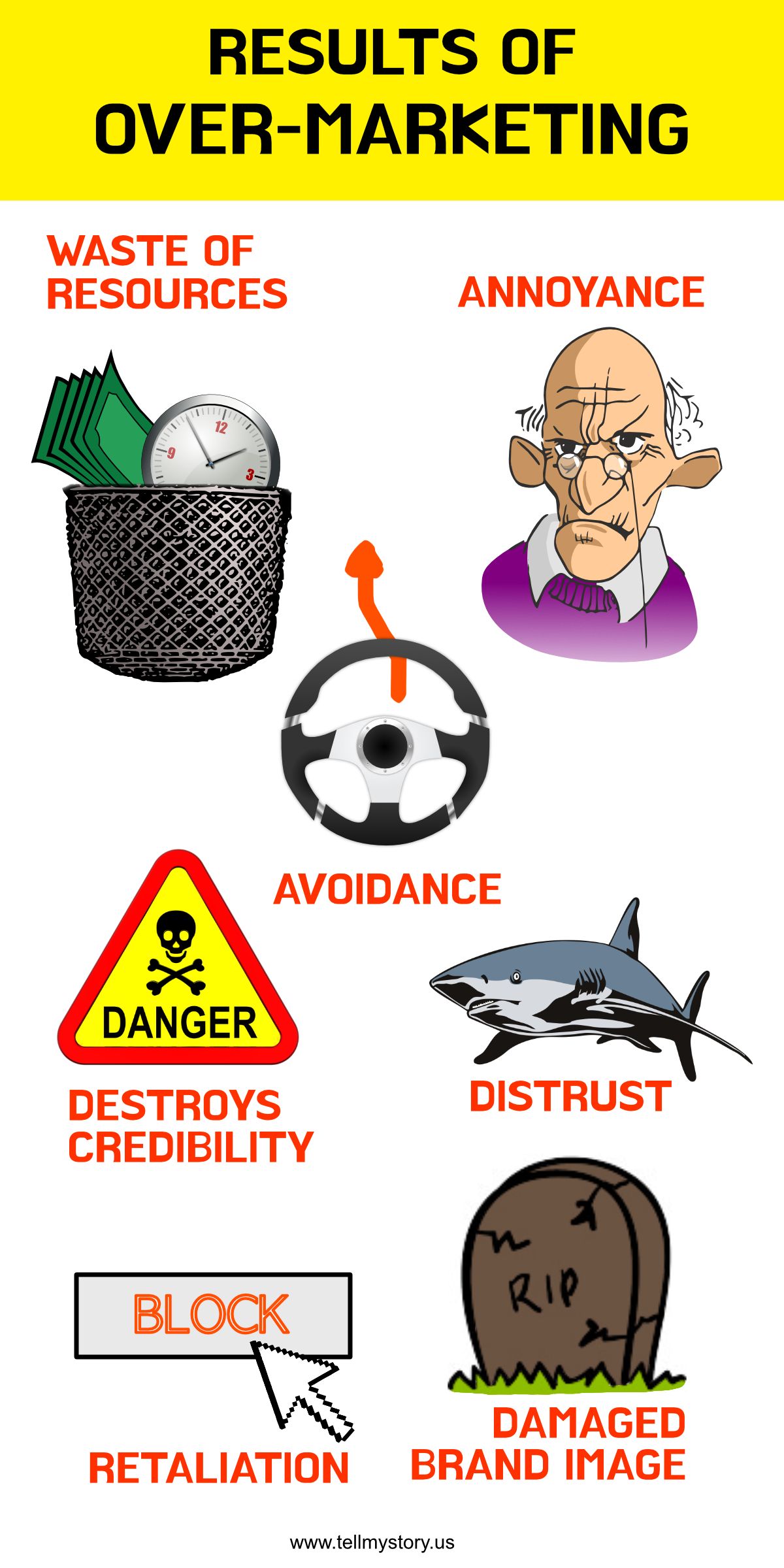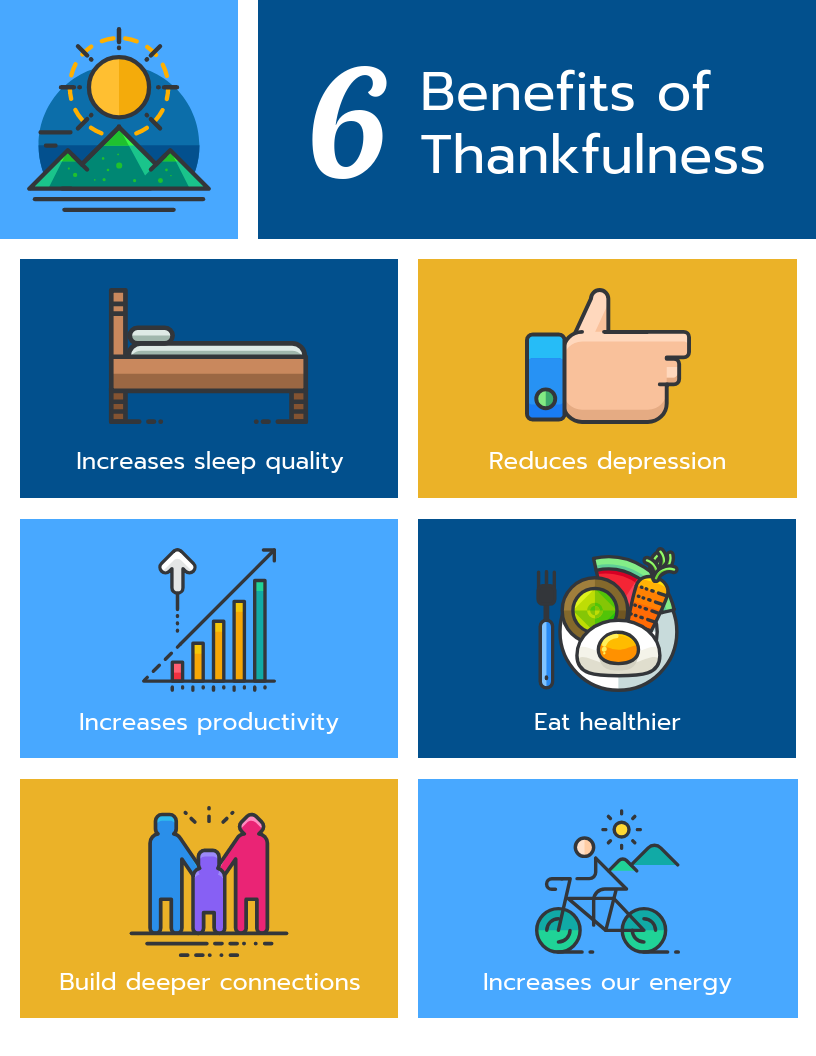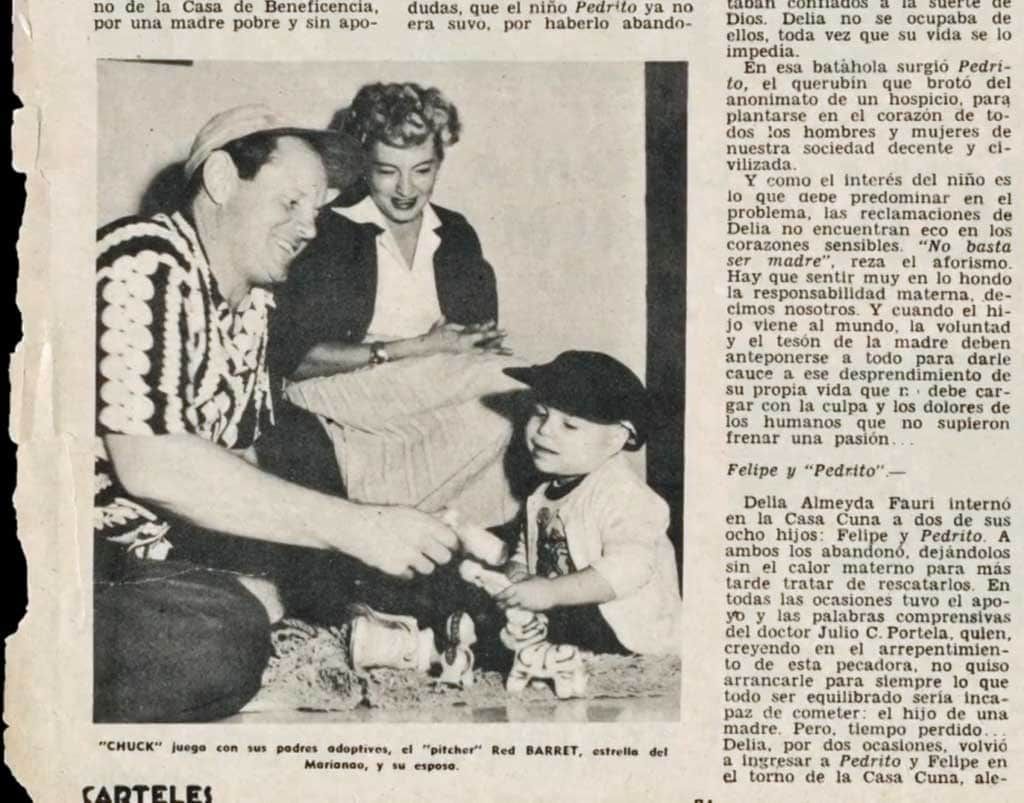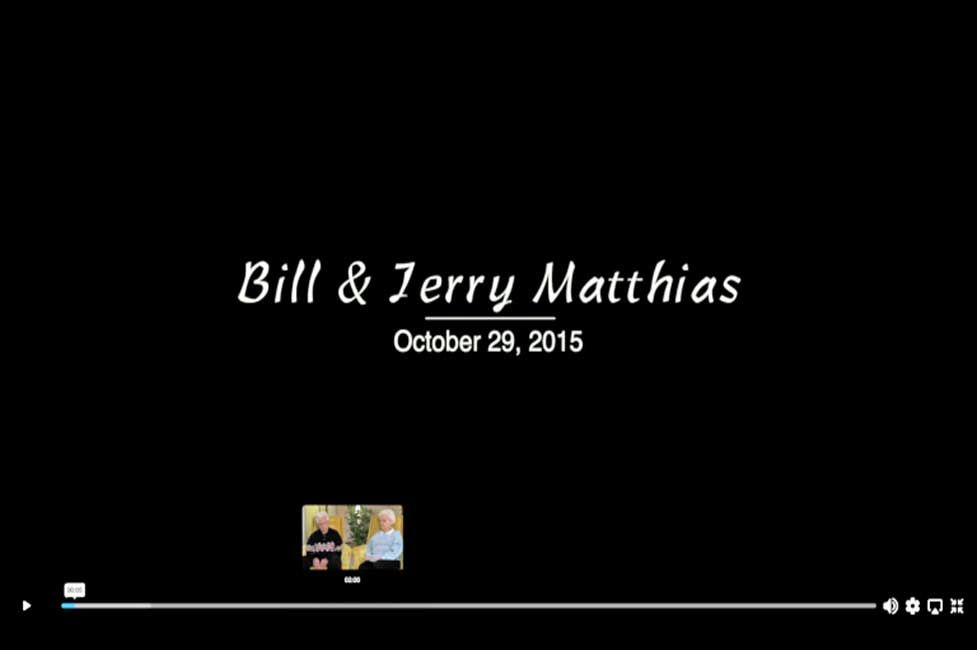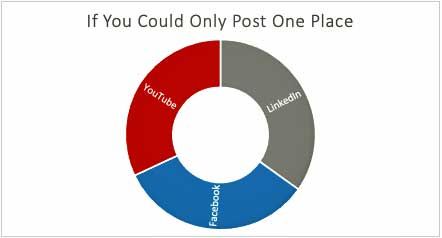4. Over-marketing Destroys Credibility
Over-selling plants seeds of doubt in your potential client’s mind. You come off as someone spouting product accolades for a paycheck. They doubt you really know it or believe it.
5. Over-marketing Nurtures Distrust
Distrust is deeper than a loss of credibility. Now your clientele believe you have deceptive, manipulative, or downright harmful intentions toward them. You’ve gone from “friends” to “that guy” to “enemies.”
6. Over-marketing Instigates Retaliation
Now your marketing audience has been driven to action. You can get to this place from any of the previous points, but it all depends on where the marketed person felt victimized. If their line was at “Annoyance,” they might unsubscribe from emails, but remain a loyal customer. However, if they felt you sounded untrustworthy, they may block your number.
7. Over-marketing can Damage your Brand Image
If the relationship is completely toast, the unhappy customer may spread the word to their friends and associates, warning them away from your company and leaving your business struggling even more than before your marketing campaign.
Phew! That spiraled out of control fast! Thankfully, this is just an example of what can happen and you, as a business can intervene to salvage your good name before #6 is reached.


